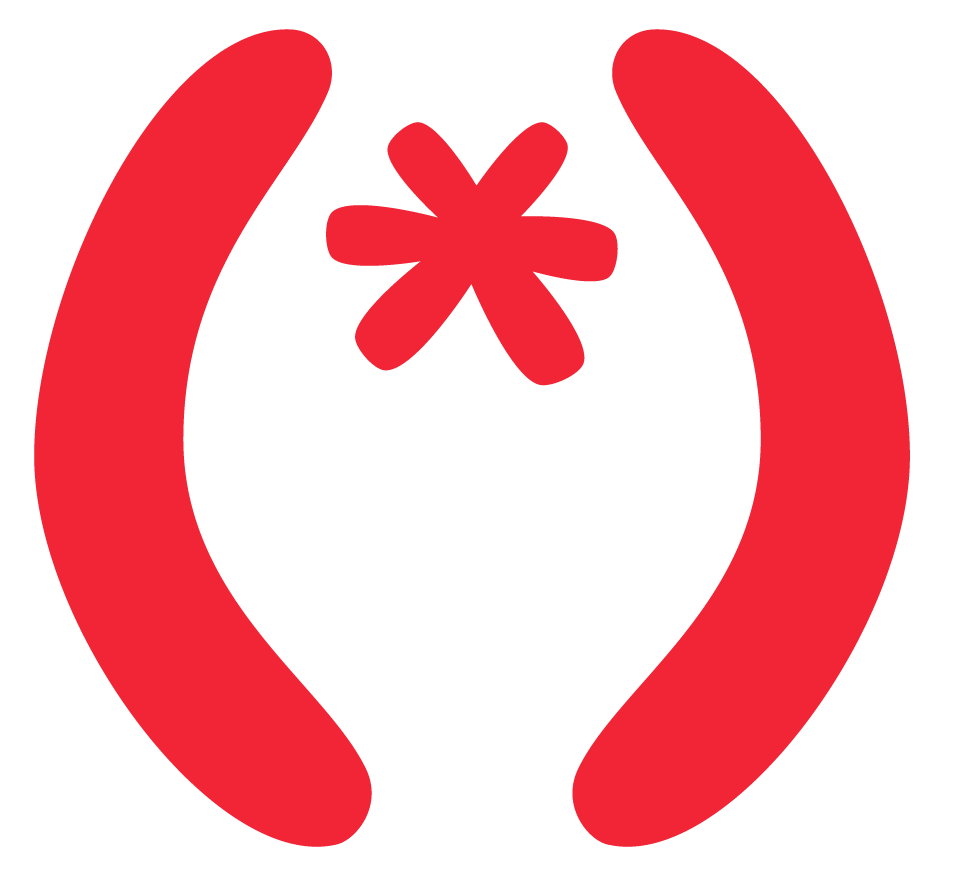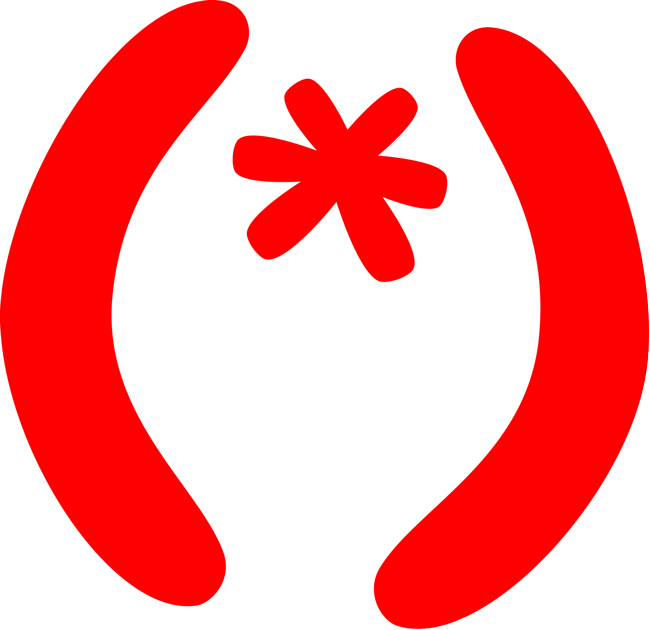EL CHELE: TO MI PAPI, THE MAN THAT TAUGHT ME LO QUE ES SER HOMBRE.
Words by Laura Zelaya Photography by the Writer's Mother
The doctors told my parents they would have a boy, and as far as they could tell, it would be a healthy baby boy. My dad likes to joke about it, "Su mami no la quería a usted cuando nació." Labor was a stressful experience for mi mami; she had to have an emergency c-section, not to mention that she didn’t get to rest in the days leading to it. She was at work when her water broke and had to rush to the hospital. When the doctors gave her baby Laura, she was confused and thought her baby had been switched, "¡A mí me dijeron que iba a tener niño!"
Nope.
I like to think that in the last ultrasound my parents got of me, it wasn’t a penis that they were seeing but a middle finger to the system.
As I started to get a bit older, I gravitated towards cars and guns. If you had asked me then what I wanted to be when I grew up, I would have told you, “¡Un bombero!” Riding in a firetruck and putting out fires sounded great.
I didn’t grow up to put out fires, but I did grow up to start them.
Sagittarius things. A story my parents like to share is my attempts at peeing standing up. I knew my dad peed standing up and thought if I stood over the toilet and squatted just a bit, I could do it.
I’m sad to report that it didn’t work.
My dad, better known as papi to me, has always been a man I look up to. I think that’s why as a kid I wanted to emulate as much of him as possible. Peeing like my dad seemed like a good first step.
I remember watching my dad carry conversations in English and thinking he was the smartest man ever. At the time, I did not know English. Little me didn’t realize that my dad had a Salvadoran accent attached to his English that forever marked him as a man far away from home.
In mi papi, I saw a confident man. A man who stood up for what is right. Porque El Chele, as his friends call him, es cosa seria.
One of his first jobs in Houston was driving a shuttle, where he would take hotel guests to different areas of the city. During one of those trips, a white woman told him, "Go back to where you came from." To which he responded, "You need to learn geography. I am from El Salvador. I am from America. You are from Europe. You go back to where you came from."
Mi papi taught me to speak up. He would tell me, "Siempre se habla con la verdad." He maybe shouldn’t have said this to his neurospicy child. I took it seriously.
La verdad meant teaching my sister and me why he migrated to the United States. It was not for economic reasons. It was not because he was in search of the "American Dream."
It was because of U.S. intervention in El Salvador. It was because the same gringos who did not welcome him forced him out of his home.
This lesson stuck with me.
In first grade, my teacher told us that Christopher Columbus discovered America. I quickly raised my hand and said, "My dad said that’s not true!"
As an adult, mi mami always reminds me how much I am like my dad. She tells me, "Vos sos como si tu tata te pario."
La verdad has not always been easy to uphold. It has meant leaving toxic workplaces that tried to punish me for speaking up. It has meant letting go of friendships that chose oppression instead of liberation. It has meant facing situations that tried to break me.
Still, I am thankful that life gave me a dad who showed me that being a man, a Salvadoran father, did not mean being strong in the physical sense. It did not mean the subordination of women. It did not mean the machista stereotypes that white professors tried to tell me were true in communities like mine.
But it did mean being strong enough to not lose oneself, strong enough to not be complacent with the state of things. Strong enough to be nurturing in a society that wants us to forget to love. Strong enough to imagine a better world.


